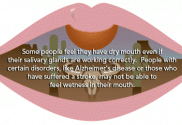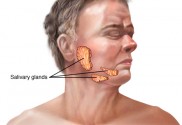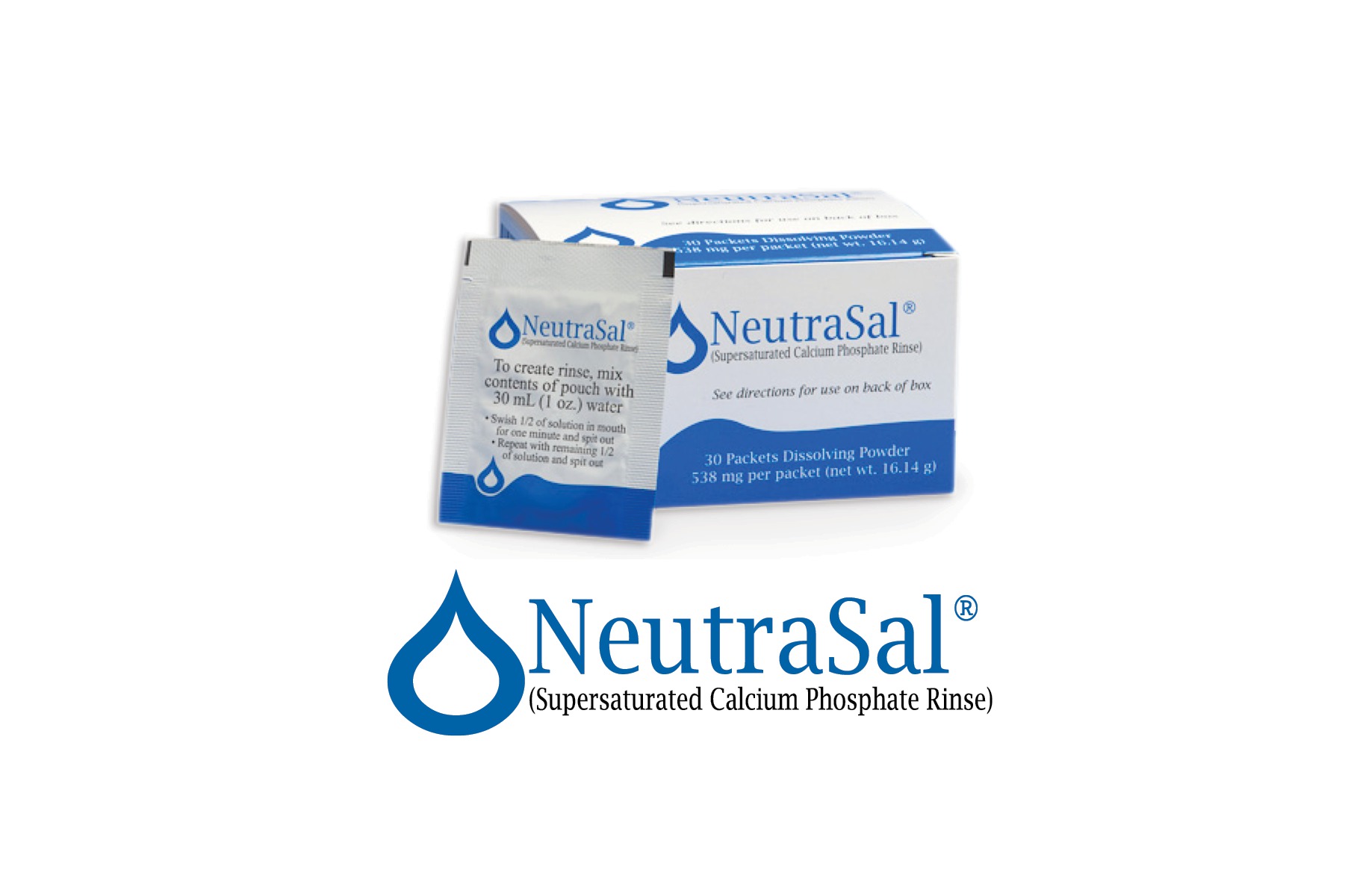Can Neuroscience Help Prevent Dry Mouth?
- Aug 7, 2017
University of Toledo students may be on the verge of a significant breakthrough in preventing dry mouth. According to a report by Joseph Lee, an M.D. and Ph.D. student, their inquiry began with the study of anti-anxiety medications that cause dry mouth. The medications work by enhancing a brain protein called the GABA receptor, and the researchers suspected that the receptors were present in the salivary gland in the mouth.
Under the direction of David Giovannucci at the University of Toledo College of Medicine and Life Sciences, the lab studied the ways the human body controls the amount of saliva, particularly focusing on how GABA receptors play a role in saliva production.
Find out what the researchers discovered about the receptors and neurotransmitter release from the salivary nerves by reading the full report in The Blade. Their work may lead to alternate dry mouth treatment options beyond medication.





